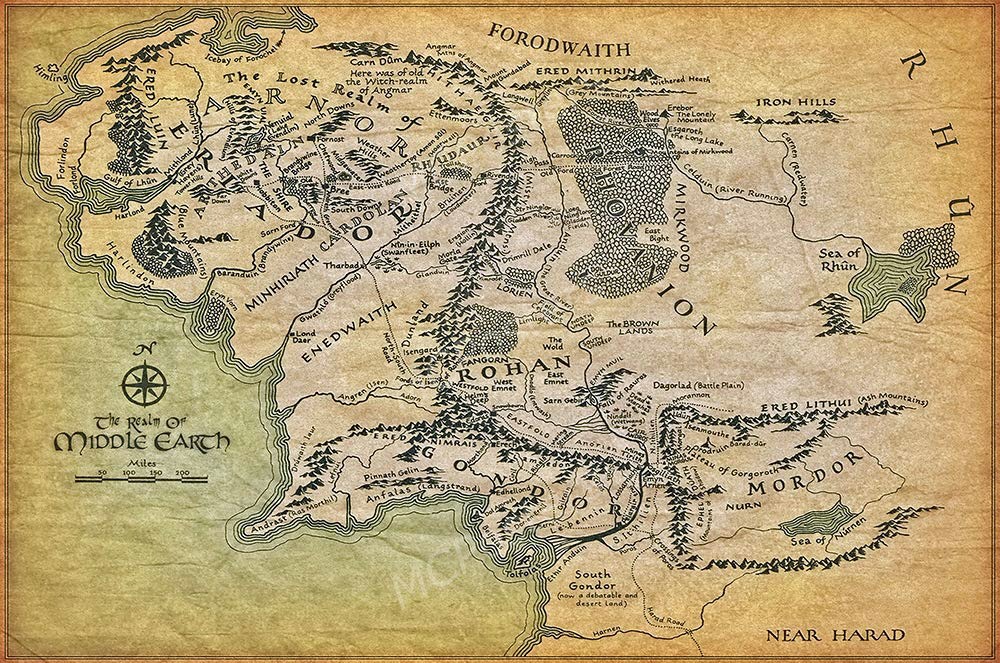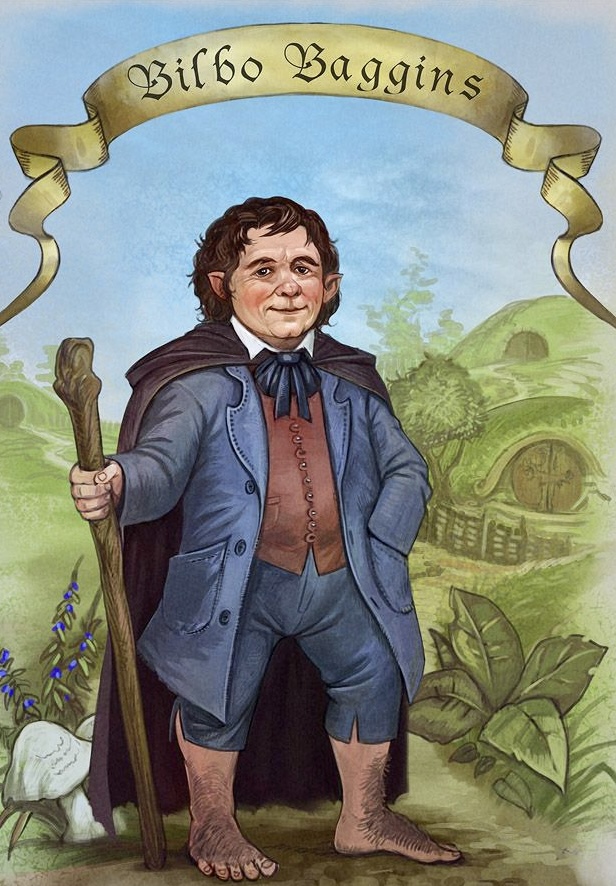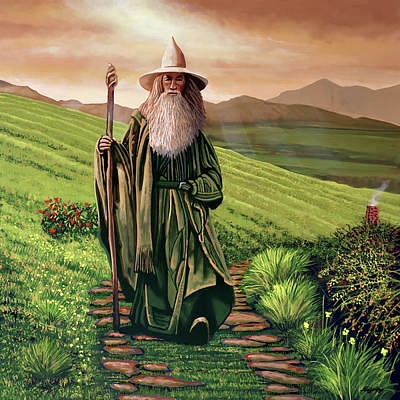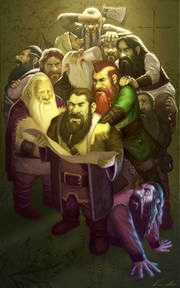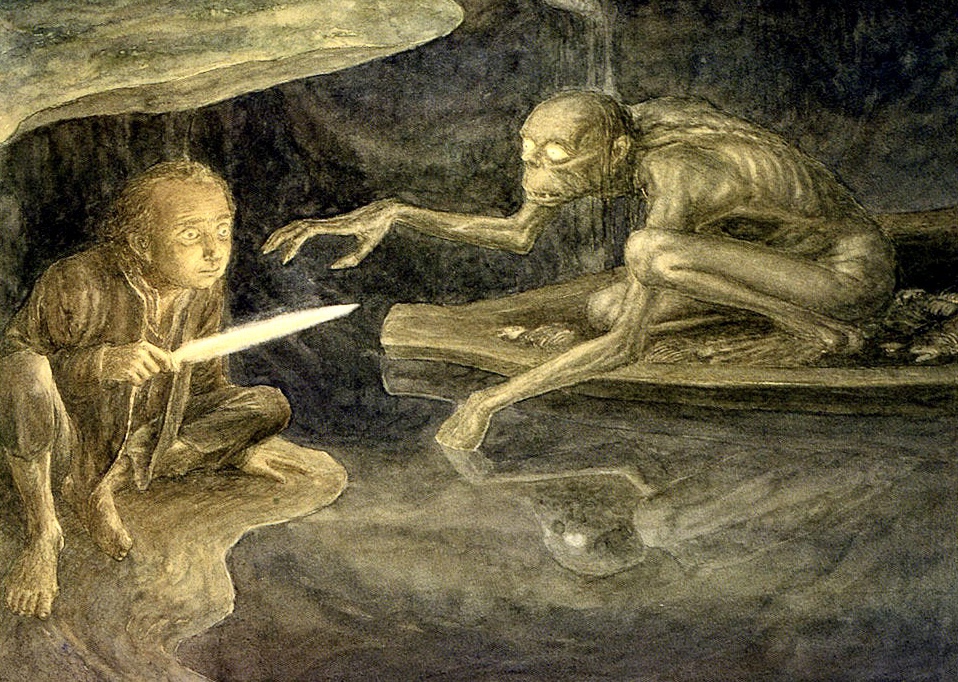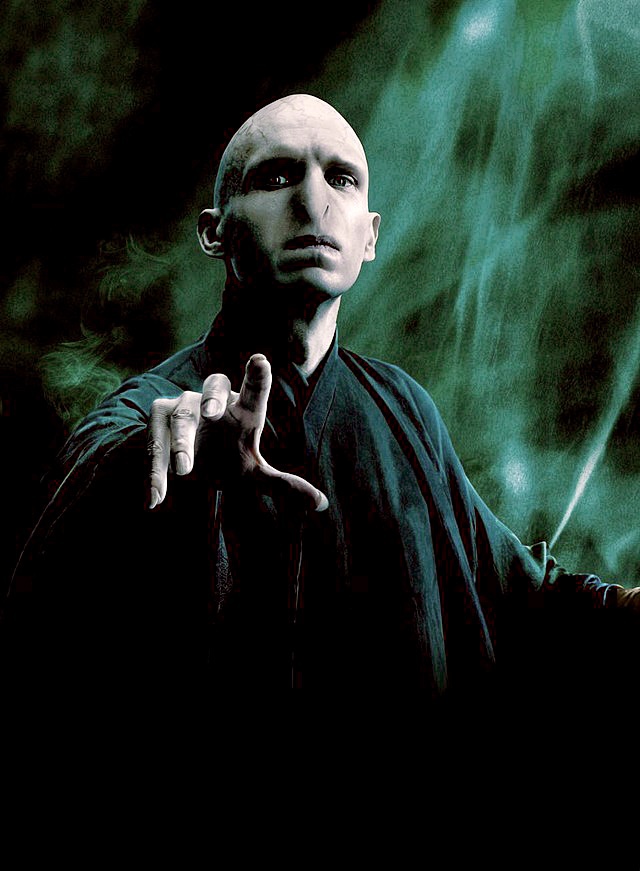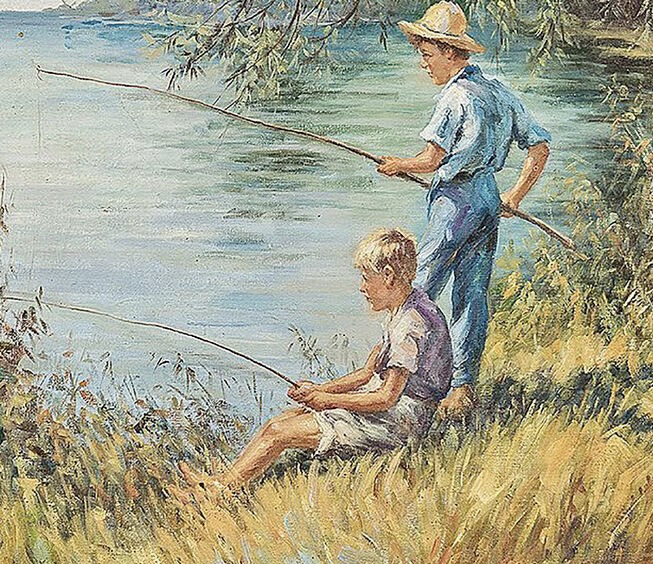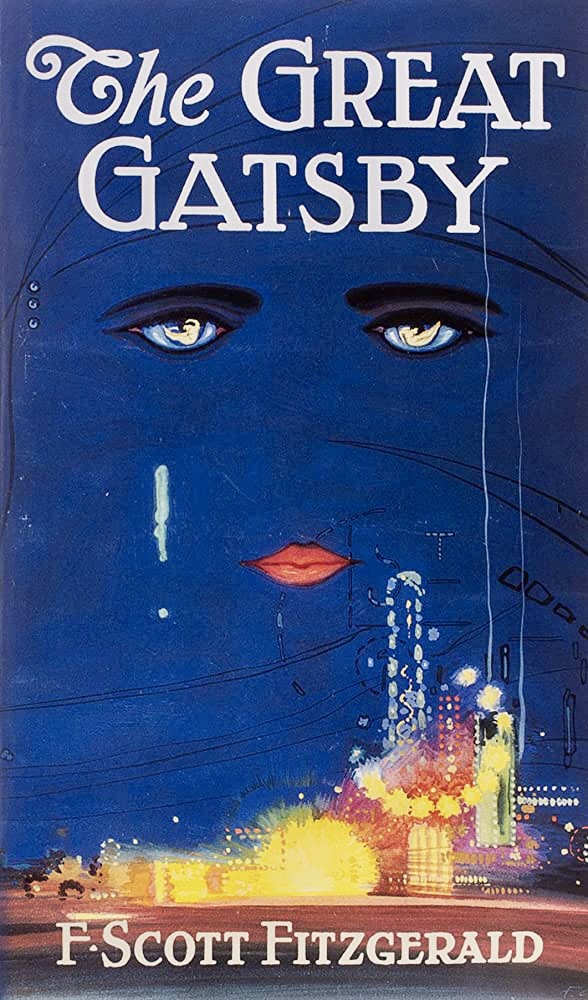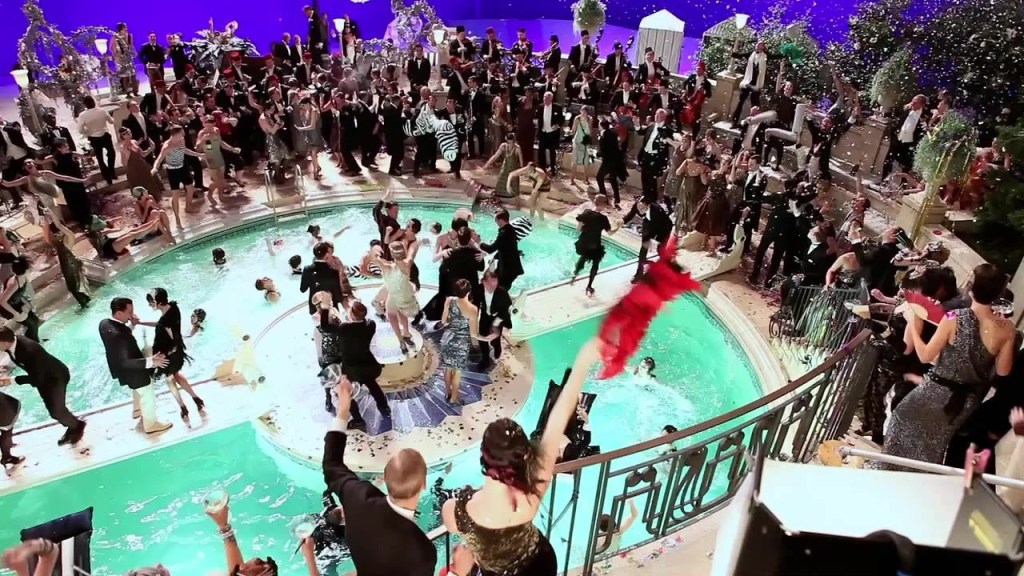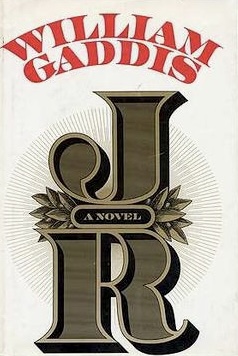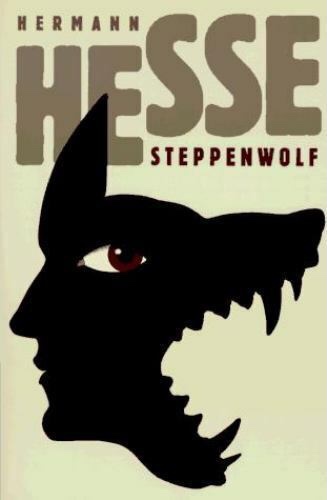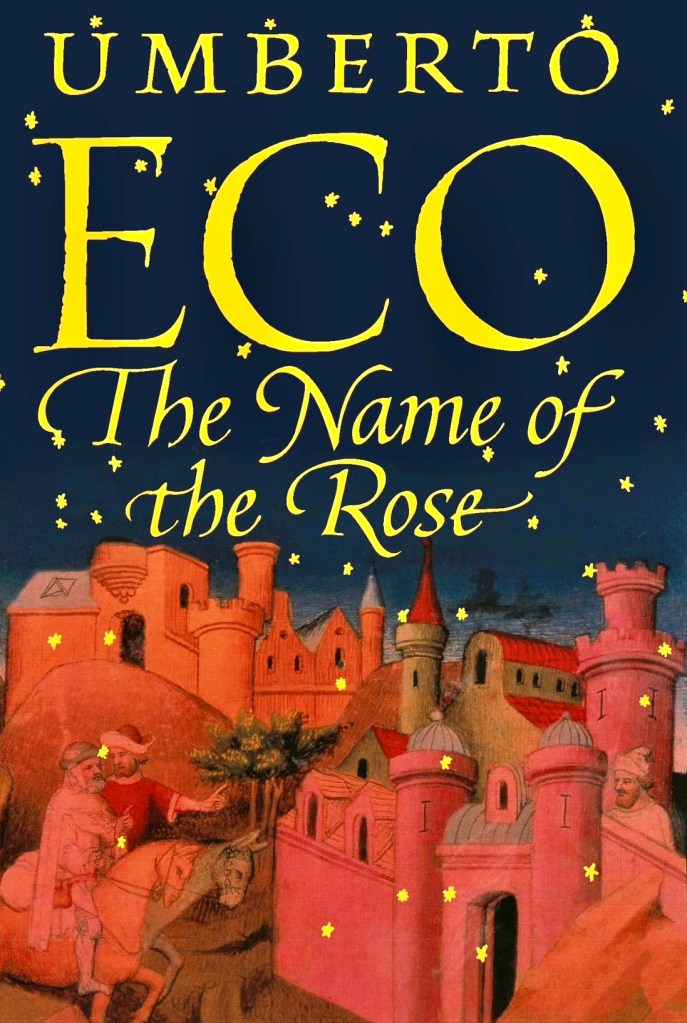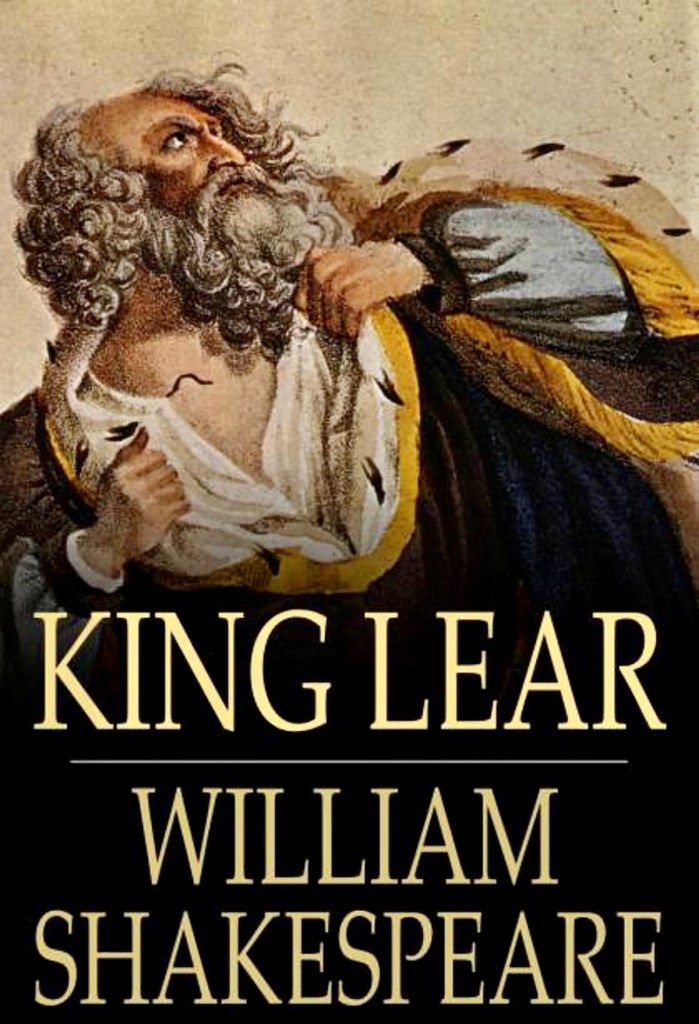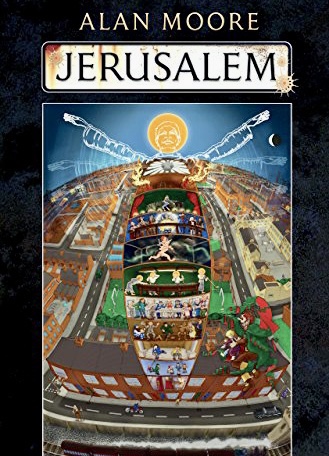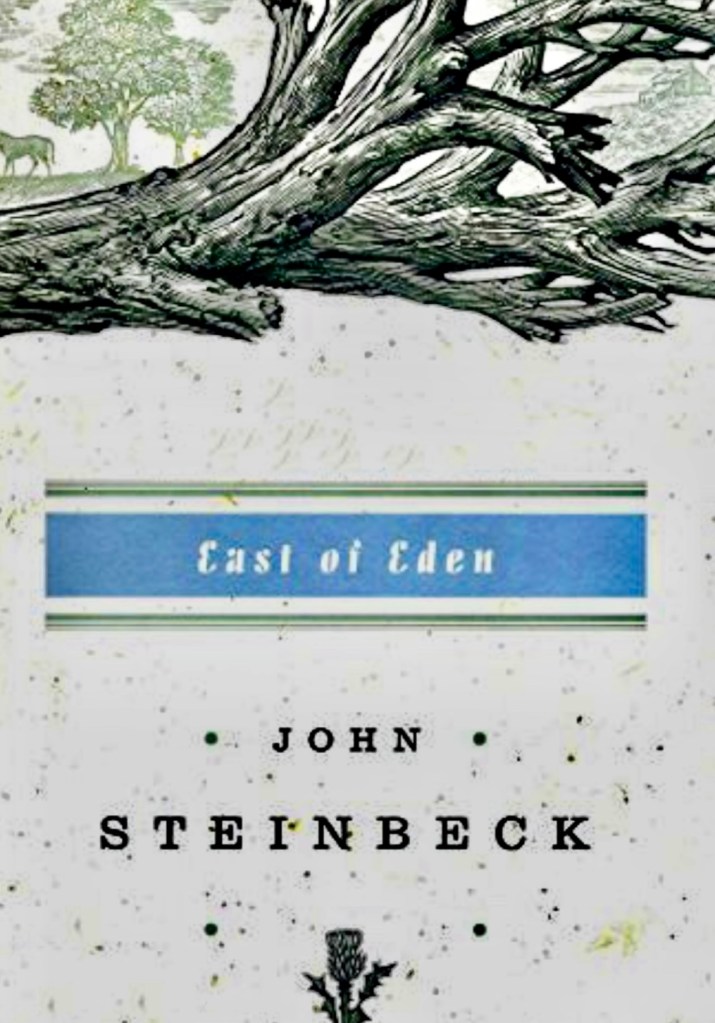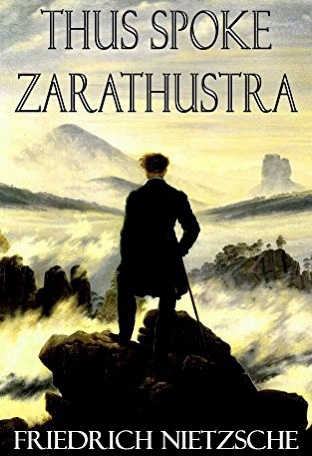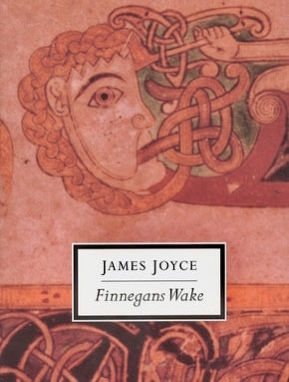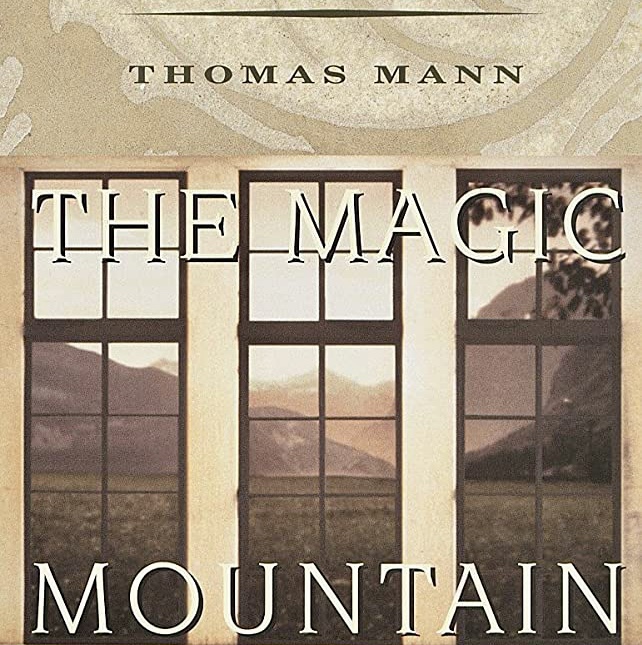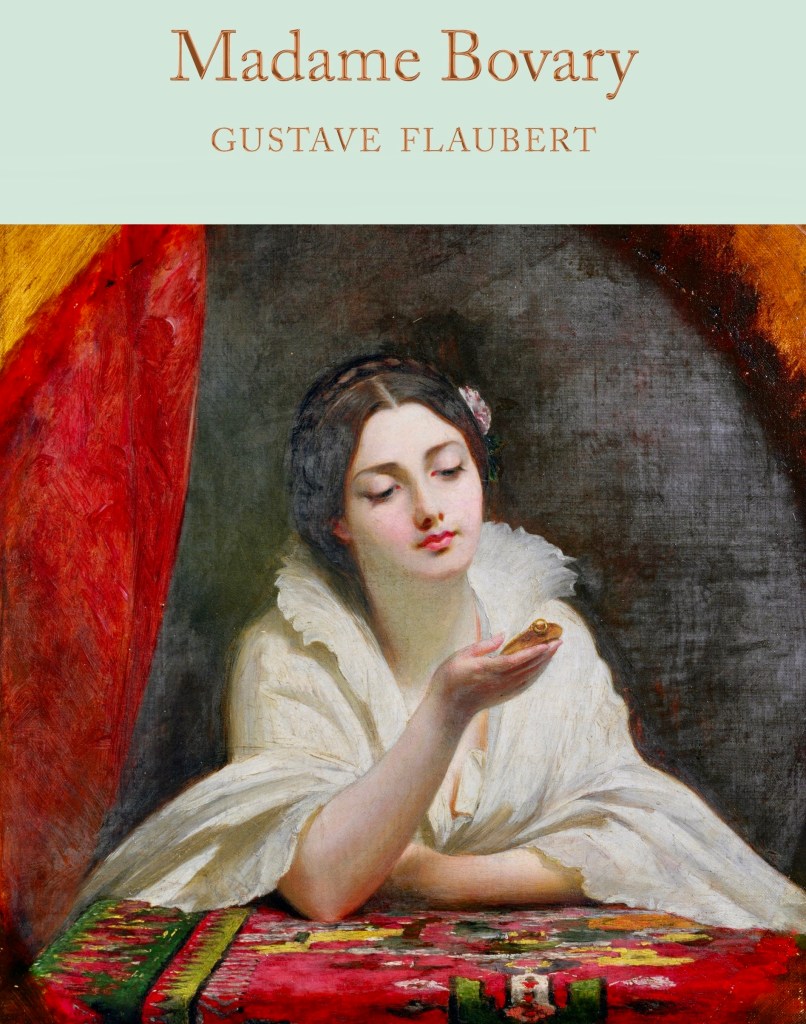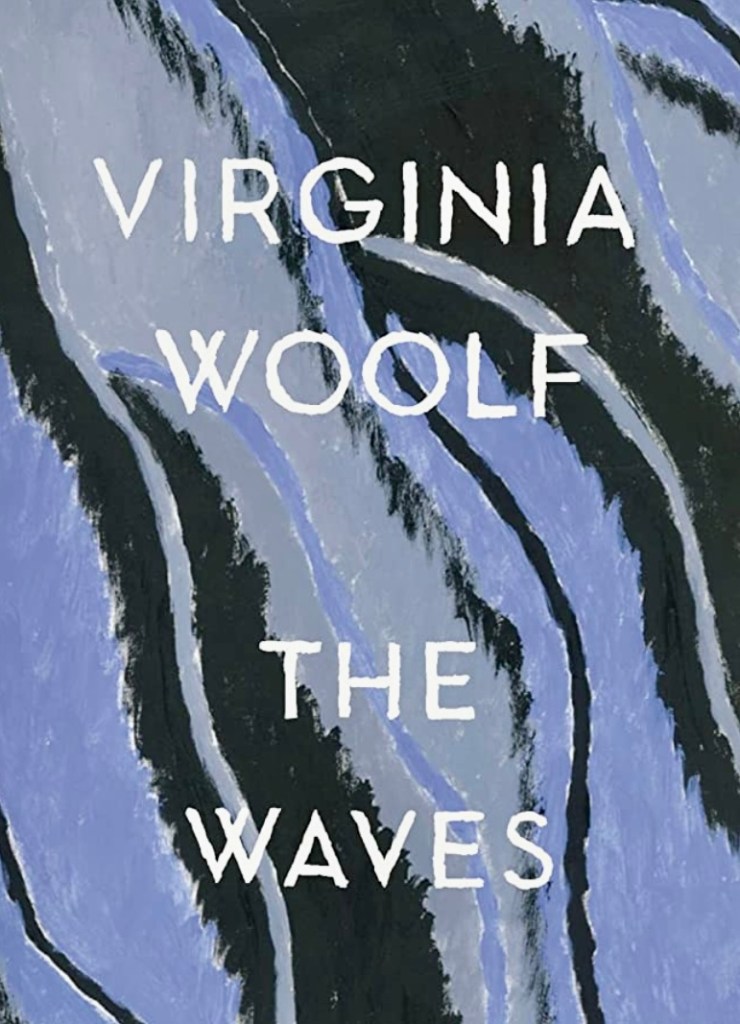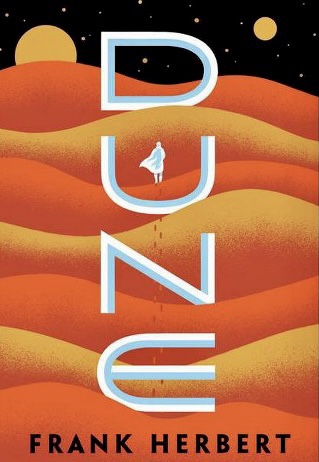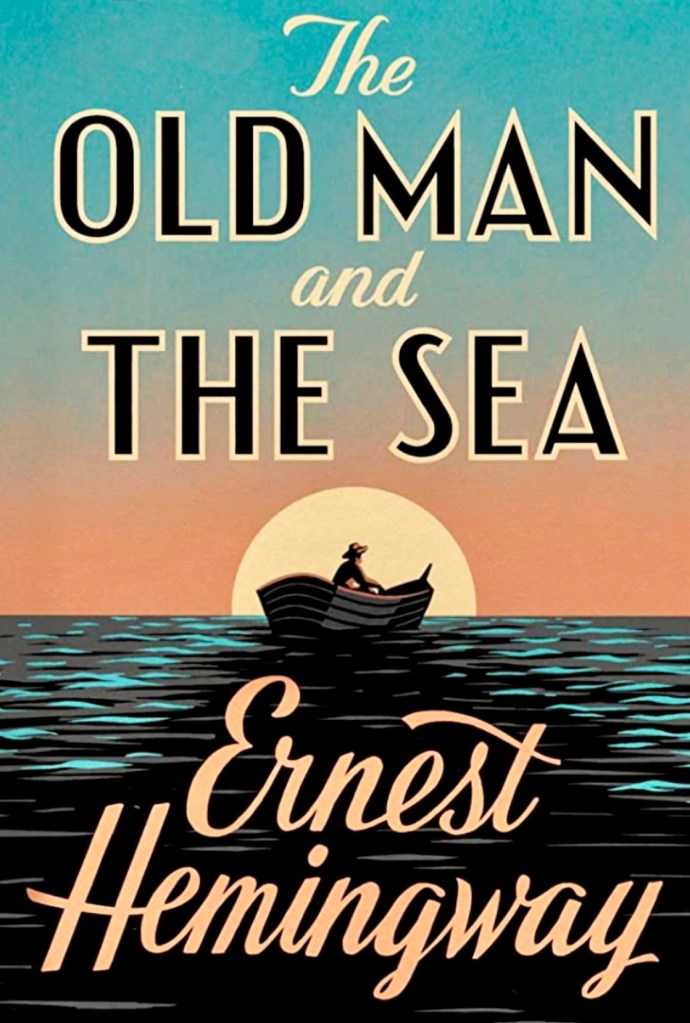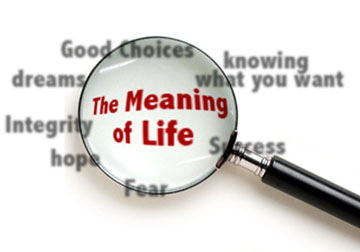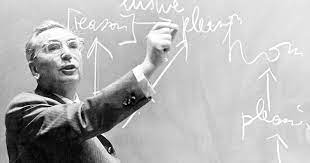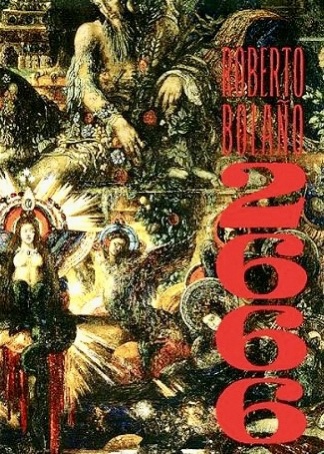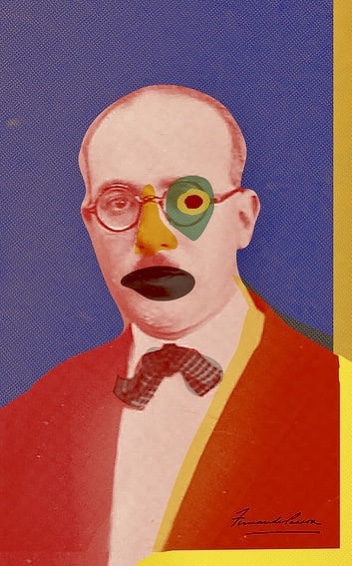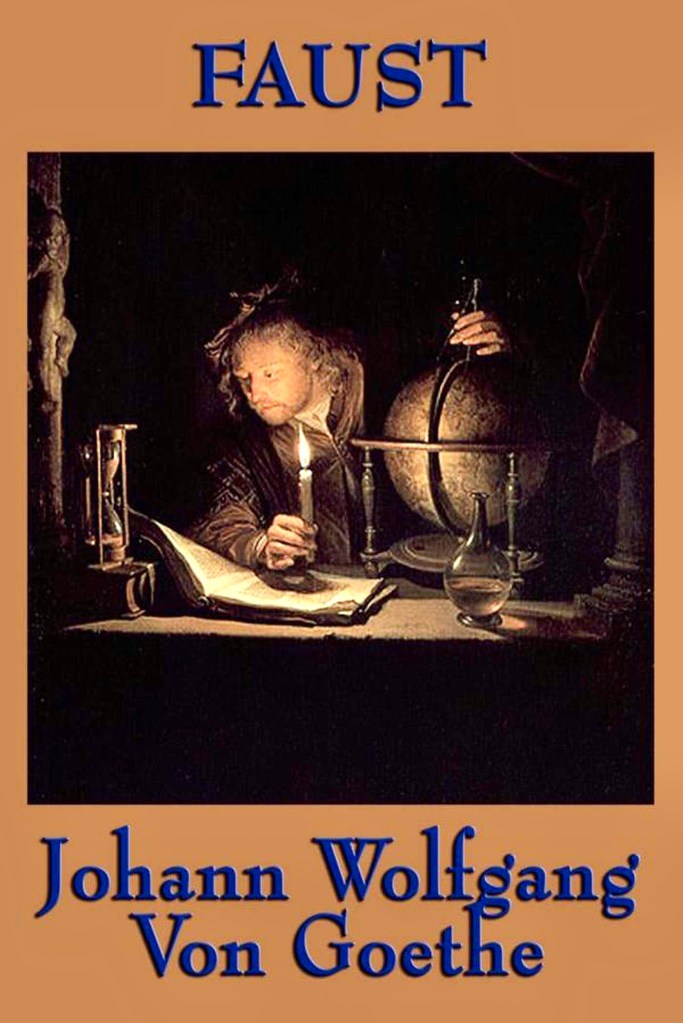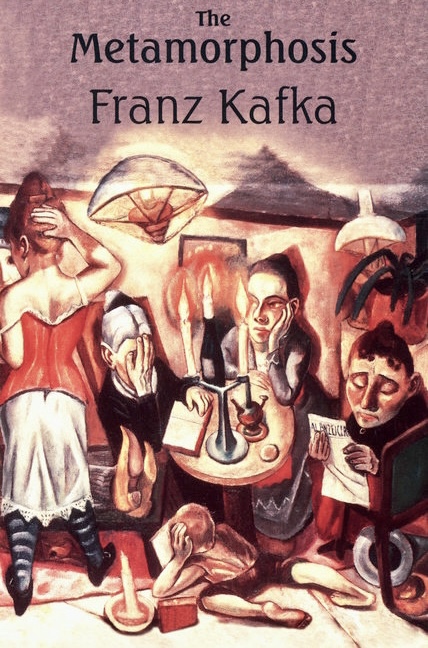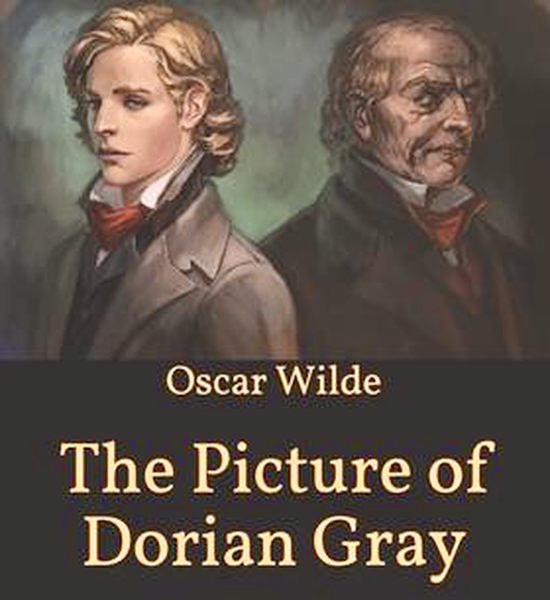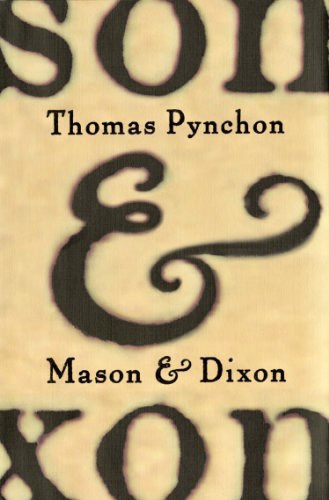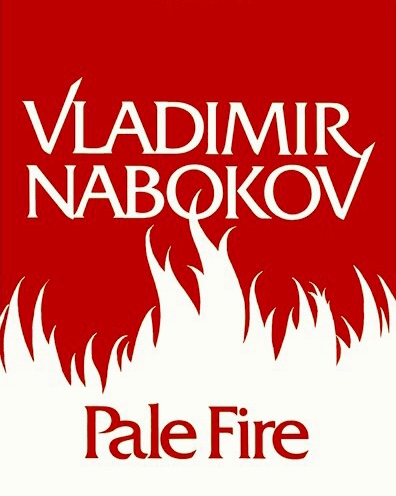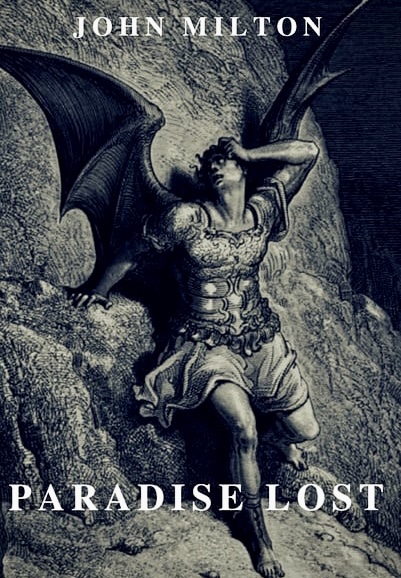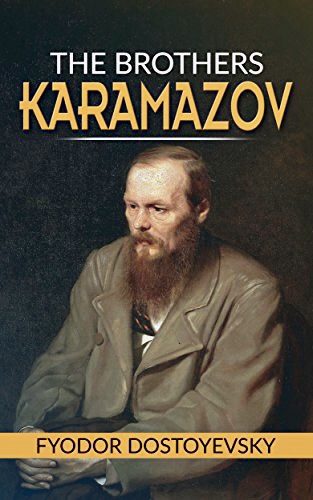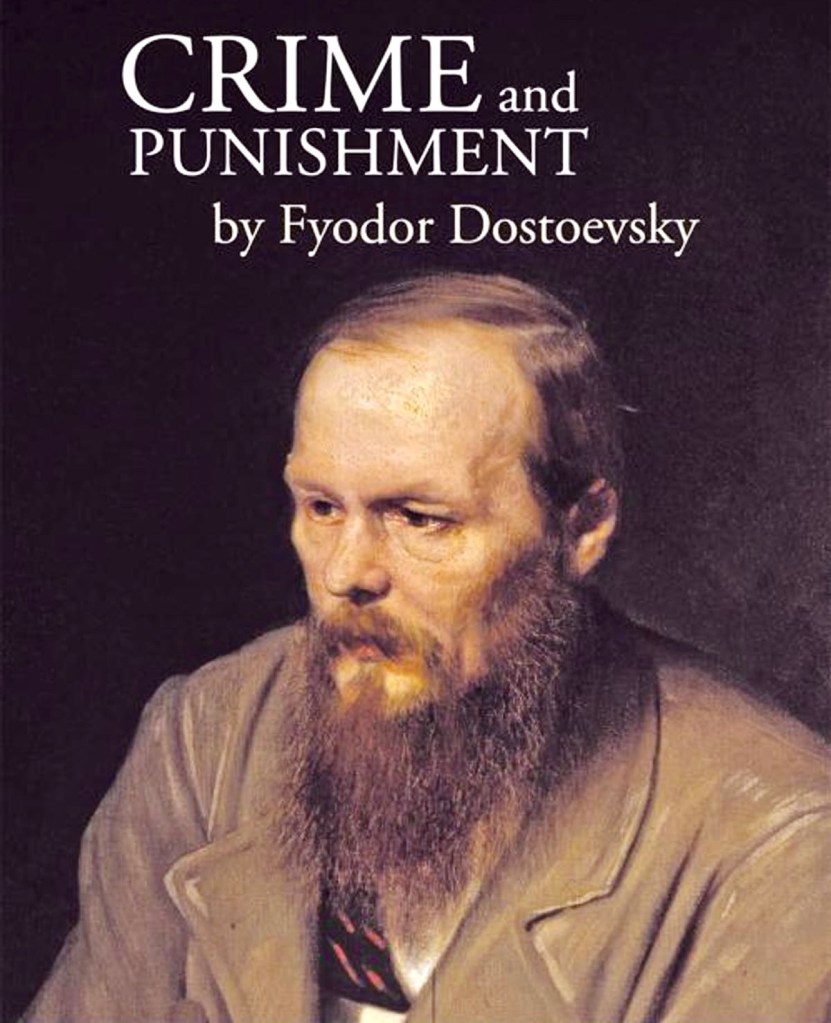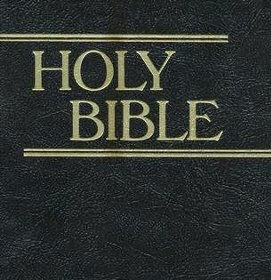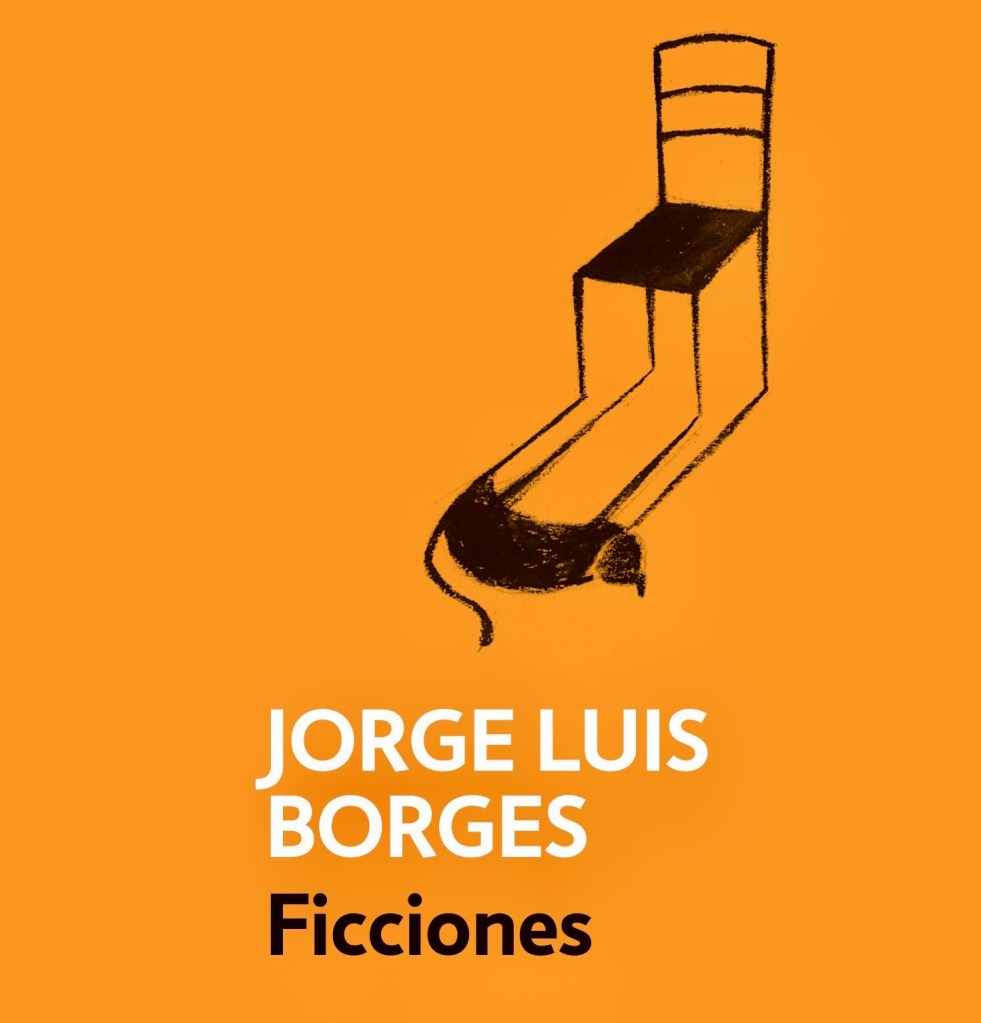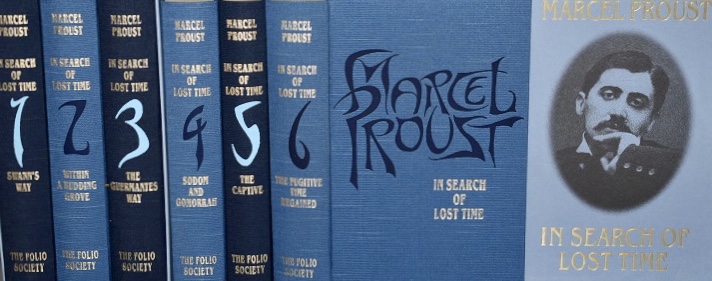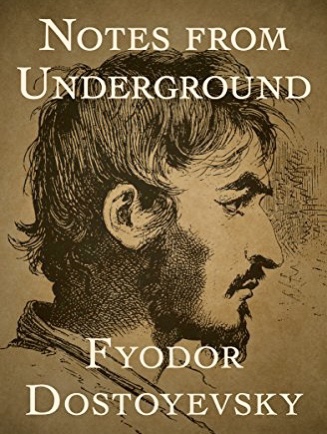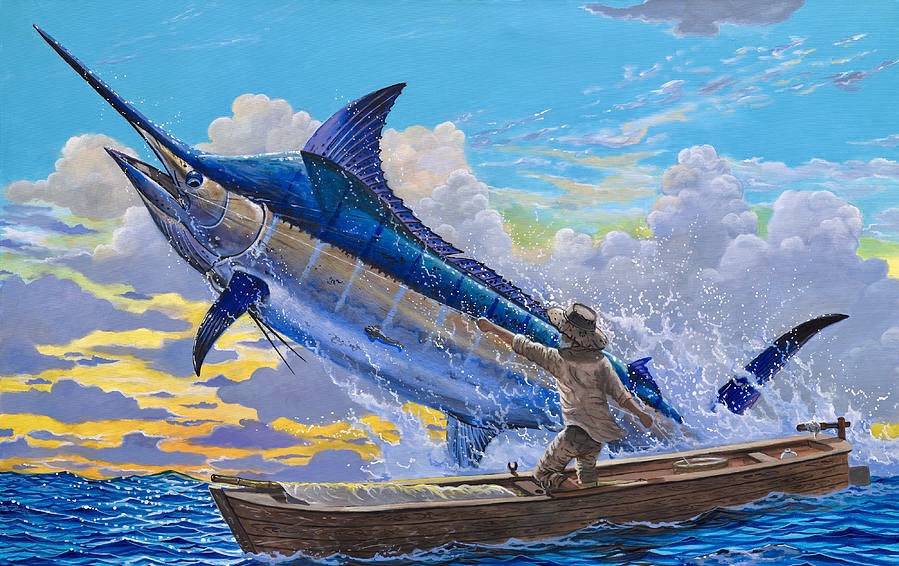
I like a good novella. It’s longer than a short story, just a wee bit lengthier than a novelette, but much shorter than a novel. Back in the day I rarely had any problem devouring an interesting 500+ page book (for example, the Harry Potter series, which I love), but I have found that, as the years advance, I sometimes appreciate a briefer journey.

The diminutive length (it comes in at under 100 pages) of Hemingway’s Pulitzer Prize winning masterpiece The Old Man & The Sea belies its greatness. Whether one chooses to just enjoy it as a good yarn or embraces a deeper message full of symbolism and implied significance doesn’t really matter. I first read the story as a teenager in junior high school. The allegorical imagery had to be explained to me back then, and I vaguely recall not being much into all that mumbo jumbo. But I still enjoyed the tale. Decades later I understand that stuff. I get it. And it just makes for a richer, more gratifying experience.

Santiago is a simple man…a very poor man, atleast by societal standards. He is a fisherman in 1950’s Cuba. As we meet him Santiago has gone 84 days without catching a single fish and has lost his young apprentice Manolin because the boy’s father thinks the old man is bad luck. However, the boy shows a sincere devotion to his mentor, looking in on him, bringing him food, and helping him gather up his supplies before and after a day on the ocean. Finally Santiago makes a bold decision. On that 85th day he ventures far out to sea…way further than anyone else, and certainly beyond the point that a single elderly fellow in a small skiff with no help really should. However, his gamble seems to pay off when he snags a mammoth marlin that he estimates to be 1500+ pounds. Unfortunately the fish won’t go down without a fight and pulls Santiago in his little boat even further out into the middle of the ocean. Then it becomes a 3 day battle of wills between the patient, determined, wise fisherman and his epic catch.

Most folks in Santiago’s position would give up. Either the long dry spell would stop them dead in their tracks, or the unenviable task of trying to haul in such a huge fish alone would prompt an all too common “Ehhh…it’s not worth the hassle” response. The Old Man not only won’t give up, but he approaches the task with an amazing display of composure, quiet determination, and judicious skill. He simply does what must be done. He does not surrender, believing that “Man is not made for defeat. A man can be destroyed but not defeated.”

We often talk of heroes. In our modern world we tend to put all kinds of people on a decidedly undeserved pedestal. We revere vacuous, morally corrupt celebrities, spoiled, overpaid athletes, and all of The Pretty People. But we overlook the folks who simply get up each morning, put in an honest day’s work for an honest day’s pay, and keep life moving forward with the products they make, the services they provide, and the seemingly menial tasks they complete. Millions of people every single day execute mundane jobs to the best of their ability, and unlike Santiago’s favorite baseball player Joe DiMaggio, there aren’t masses of people watching and cheering them on. But they do it anyway. Maybe that’s true heroism. Perseverance is indeed a vastly underappreciated quality.
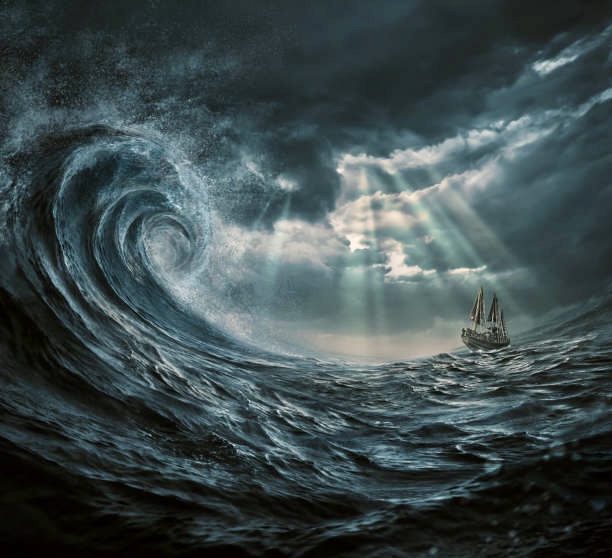
I suppose the sea is like life itself…deep, immense, beautiful, occasionally scary, and with a whole host of surprises…both good & bad…lurking below the surface. Like Santiago we all need to venture out a little further than usual sometimes, and it helps if we are equipped with the proper tools, have amassed a good amount of knowledge & wisdom, and have the ability to ply our trade with deft skill. Sometimes we are rewarded with an impressive catch, and other times evil with reach up and bite us like the sharks Santiago encounters on his journey homeward. Either way we must face the struggle with dignity, courage, patience, optimism, and intelligence.

I was never much into fishing. My Dad would take me every once in a while when I was a kid, but truth be told I preferred to be home watching TV or reading a book. I guess I just don’t have the patient temperament necessary. If I had to make a living as a fisherman I’d probably starve & I definitely wouldn’t be able to deal with an 84 day slump or endure a three day contest against a fish seven times my size, and that’s not even taking into consideration the sharks. I don’t particularly enjoy watching the scarier parts of Jaws for God’s sake. But I think it’s pretty obvious that Hemingway meant The Old Man & The Sea to be about a lot more than fishing, and in that he succeeded. It certainly doesn’t hurt that it’s a splendidly entertaining story too.

